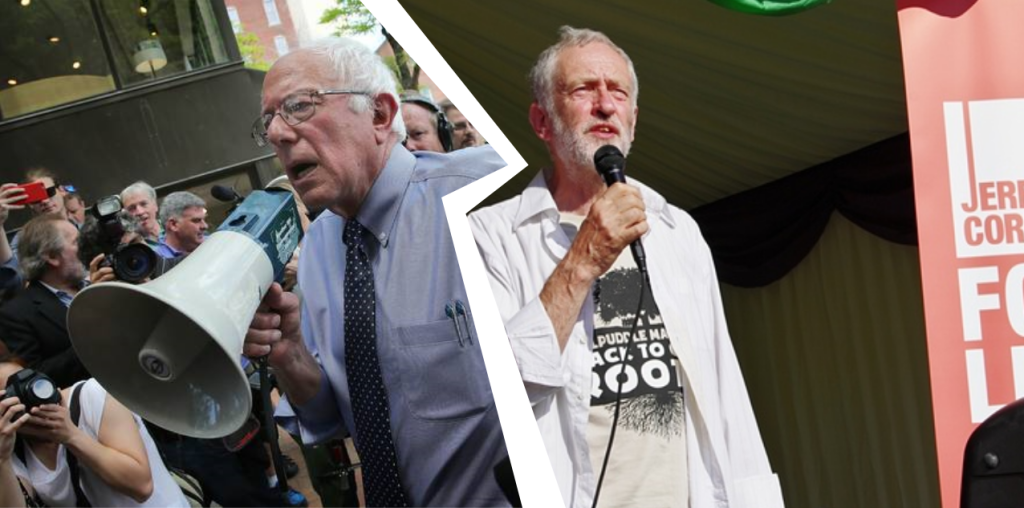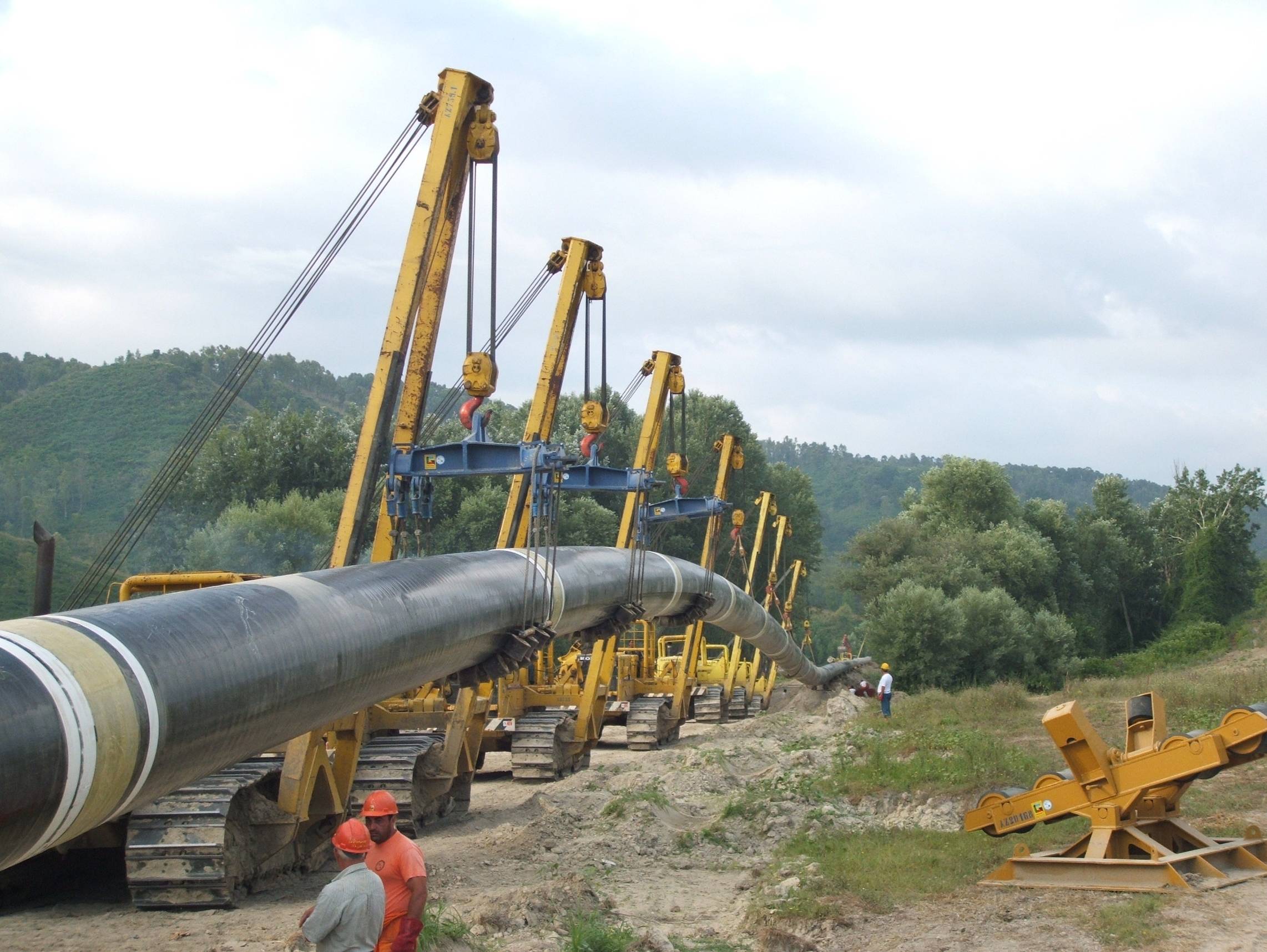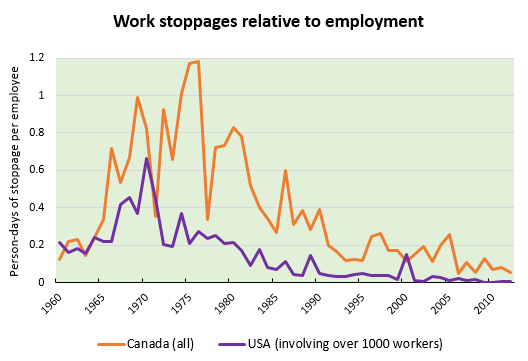Podcast: Play in new window | Download
Subscribe: Apple Podcasts | Android | Email | Google Podcasts | RSS | More
Over the past year, unlikely challengers have emerged to the dominant politics of the center-left in both the US and the UK. Jeremy Corbyn is looking increasingly poised to win the leadership of the UK Labour Party next month. Meanwhile, on this side of the Atlantic, Bernie Sanders keeps rising in the polls, drawing large crowds and making Hillary Clinton’s coronation as Democratic presidential candidate a bit uncertain. Both Sanders and Corbyn are silver-haired, decades-long parliamentarians identified with a marginalized left and would have been at home in pre-1970s social democracy. After years of rightward drift from both Labour and the Democrats towards the “extreme centre”, social democracy is making one more stand. Both Sanders and Corbyn have set their sights on economic inequality and economic stagnation for the majority as defining issues. Sanders, in particular, has also made talked widely about reclaiming the political system from under the influence of big money.
This week’s guests joined me to talk about what the Sanders and Corbyn campaigns: where they’re coming from, what they mean and what we an expect from them. First, I speak with Bhaskar Sunkara about Bernie Sanders and his qualified support for Bernie’s campaign. Bhaskar is the editor of the excellent Jacobin Magazine from the New York, which has quickly become an important venue on the US left. My second guest is James Meadway, an economist and activist from the UK. James recently signed a letter in support of Corbyn and has been following his campaign closely.




